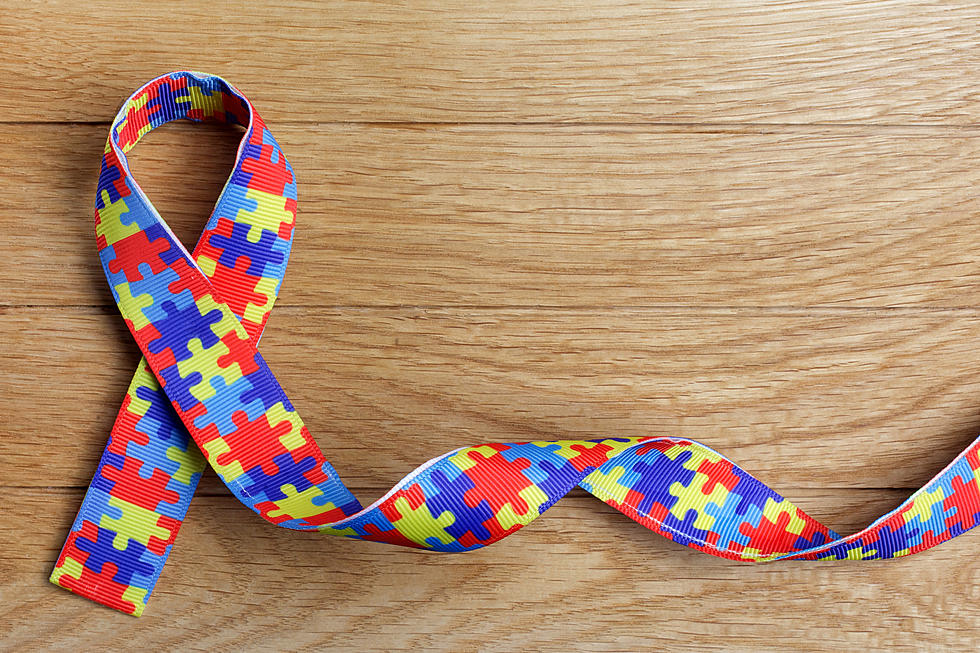
Autism early intervention services lacking in NJ, Rutgers says
From 2006 to 2016, researchers at Rutgers New Jersey Medical School collected data for a project they called the New Jersey Autism Study, which among other objectives, examined access to early intervention programs for children up to 36 months old.
What the study, recently published in JAMA Pediatrics, found is that slightly less than half (47%) of more than 4,000 8-year-olds in Essex, Hudson, Ocean, and Union counties during that time received EIP services.
But that's far fewer children than really needed those services, especially when they are federally mandated under the Individuals with Disabilities Education Act, according to Josephine Shenouda, program manager of the pediatrics department at Rutgers New Jersey Medical School and lead author of the study.

Shenouda thinks the numbers have probably improved in the six years since the study ended, but likely not to the level they need to be.
"In spite of better awareness and resources in our community here in New Jersey, we're still seeing economic and racial disparities," she said.
According to Shenouda, the American Academy of Pediatrics recommends universal early autism screening for children at 18, 24, and 30 months, but all too often, that's not a reality.
It may be primarily a problem of connection, she said. Even if a doctor diagnoses a pediatric patient and provides that information to parents, they then may not have the resources to be linked to an EIP.
Either that, or "early" screening may not be happening early enough.
"The problem is in the detection, so the children are identified later with autism, or with (other) problems," Shenouda said. "We definitely need more strategies, we need service delivery models, to effectively detect kids early with autism, but also connect kids to early intervention programs and other services."
What Rutgers researchers would like to look at going forward is not only when did children diagnosed on the autism spectrum first get services, but also how many went on to receive services once they entered preschool.
"We want to see if the children receiving early intervention were identified earlier with autism than maybe children not receiving early intervention, so that will be our next analysis," Shenouda said.
Patrick Lavery is a reporter and anchor for New Jersey 101.5. You can reach him at patrick.lavery@townsquaremedia.com
Click here to contact an editor about feedback or a correction for this story.
LOOK: Baby names that are illegal around the world
Beautiful sunflower fields to visit in NJ 2022
Here's where NJ legal weed is sold
More From 94.3 The Point










